Who will lead the Federal Reserve? A look at the 11 candidates and the changing dynamics of monetary policy.
- 核心观点:特朗普将任命更顺从的新美联储主席。
- 关键要素:
- 特朗普公开批评鲍威尔,寻求听话继任者。
- 11位候选人分四梯队,含内部、回归、忠诚及市场派。
- 重点人选含鹰派Bowman、学者Waller及亲信Hassett。
- 市场影响:政策不确定性增加,或影响利率预期。
- 时效性标注:短期影响。
Original title: "Federal Reserve Chairman Competition, Who among the 11 Candidates Will Take Charge of Monetary Policy?"
In August, when Federal Reserve Chairman Powell delivered what could be his last major speech at the Jackson Hole annual symposium, the competition for the next chairman had quietly begun.
Current Finance Minister Scott Besant holds a list of 11 candidates.
Beginning on Labor Day, September 1, Bessant will meet with these candidates one by one to select the final candidate for President Trump.
Trump has made no secret of his dissatisfaction with current Fed Chairman Powell, repeatedly calling him a "numbskull" and a "moron." He longs for a more "obedient" Fed chair, but also needs to maintain the Fed's reputation for independence.
Who is more likely to become the next chairman of the Federal Reserve? We have also made an inventory of these 11 candidates.
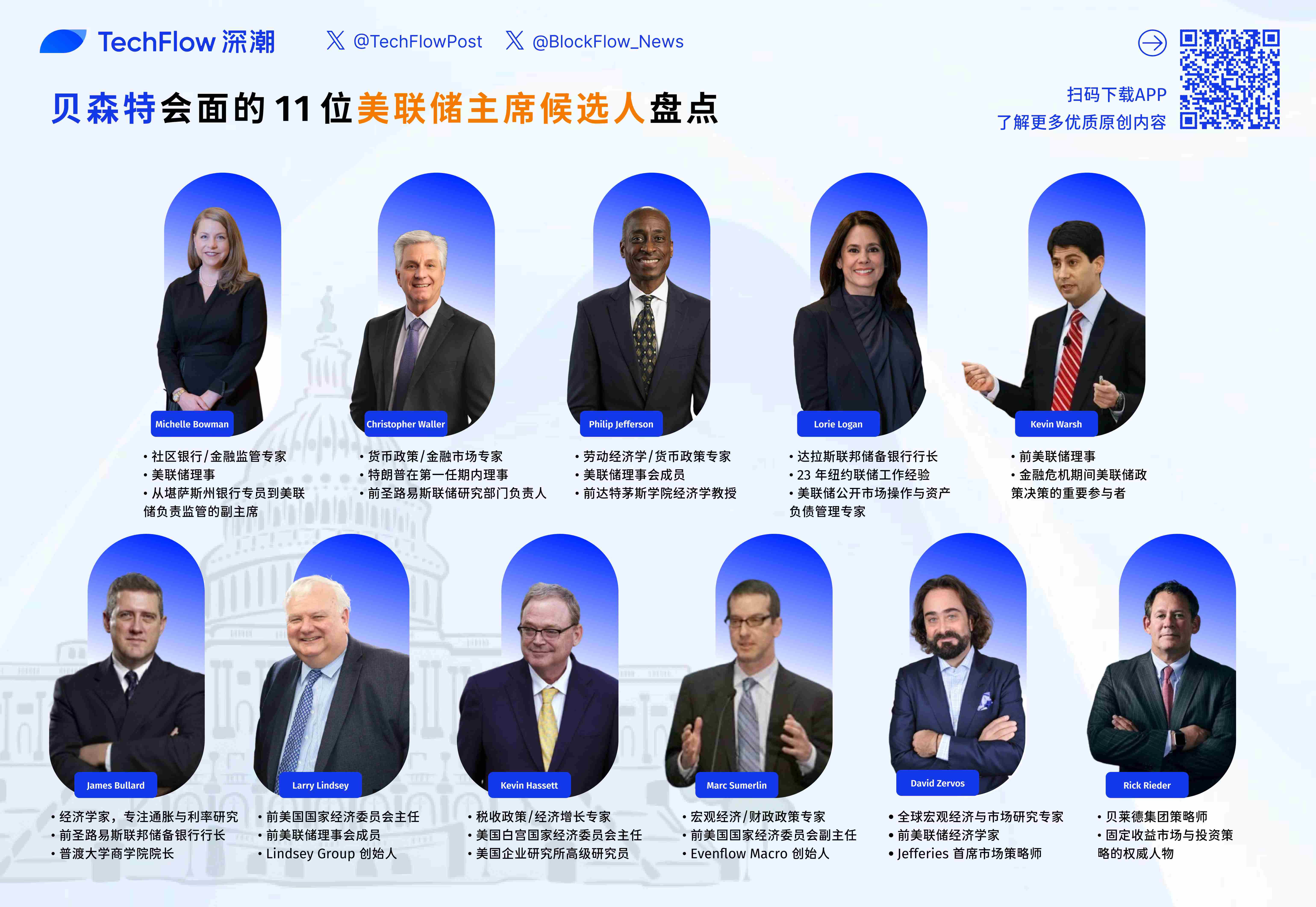
The first tier: succession seeds within the Federal Reserve system
Four senior officials within the Federal Reserve constitute the most competitive first tier.
They are familiar with the operating mechanisms of the Federal Reserve, have extensive experience in policy-making, and most importantly, have proven themselves within the current monetary policy framework.
Michelle Bowman: The Iron Lady of Regulation
Key tag: "The only dissident"
As one of the youngest members of the Federal Reserve Board, Michelle Bowman, 54, may be the most hawkish. In 2024, when the Fed began its interest rate cut cycle, she was the only governor to vote against it - a courage that earned her respect within the Trump team.
Core advantages:
- Has a complete financial regulatory resume: from Kansas Banking Commissioner to Federal Reserve Vice Chairman for Supervision
- Understanding community banks coincides with Trump's idea of "loosening restrictions on small and medium-sized banks."
- Strong character, dare to stick to one's own opinions
Potential challenges: Her hawkish stance could stoke market concerns about overly tight monetary policy.
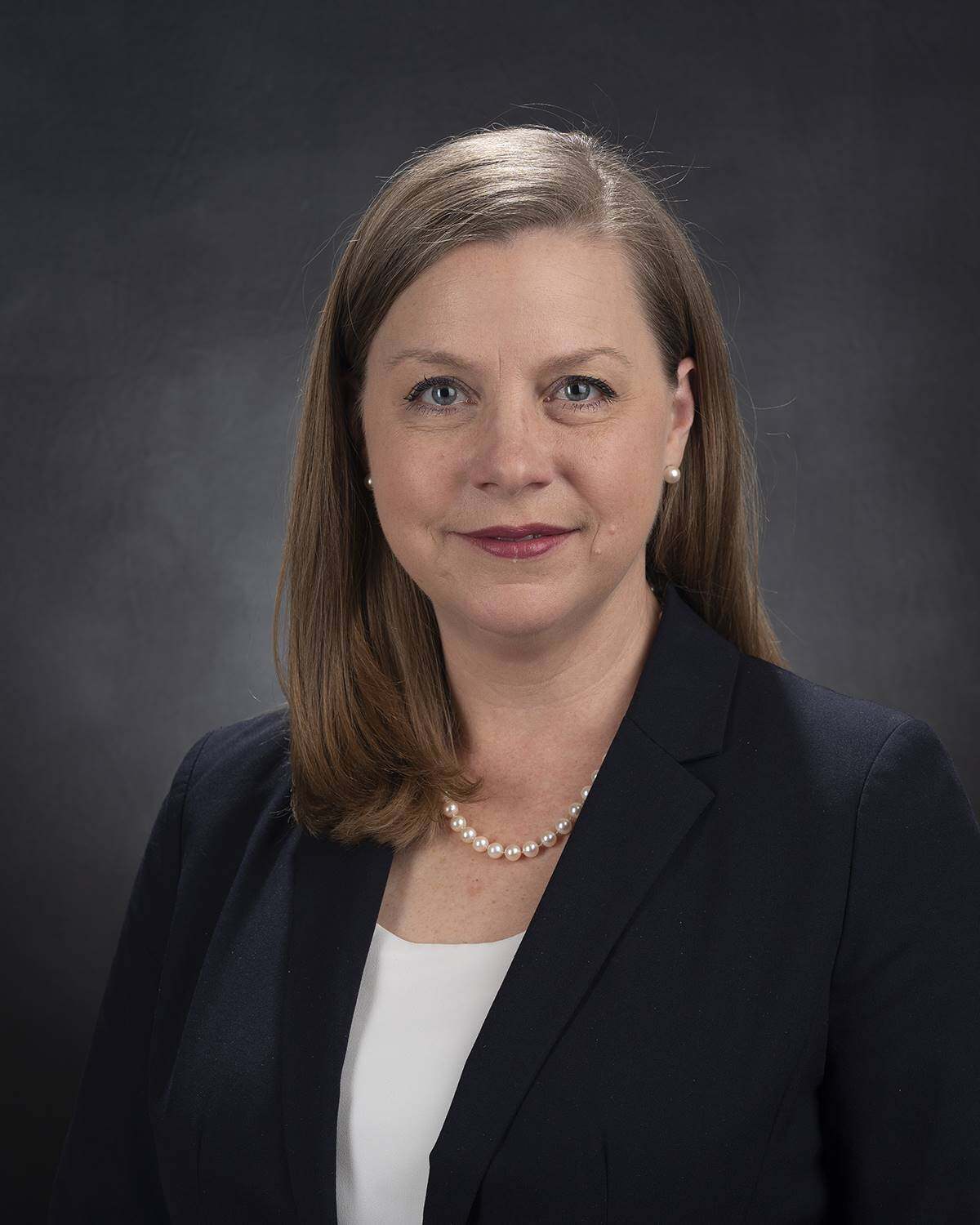
Christopher Waller: Scholar-Doer
Key tags: "Powell 2.0"
Waller, 65, is likely the safest choice. A former director of research at the Federal Reserve Bank of St. Louis, he possesses both extensive academic background and practical policy experience. More importantly, he was personally nominated by Trump during his first term.
Core advantages:
- An authority on monetary economics, he has published extensive research on central bank digital currencies and financial stability.
- Excellent communication skills, speeches can often accurately guide market expectations
Potential challenges: May be seen as too "traditional" and lack the reform ambitions that Trump expects.
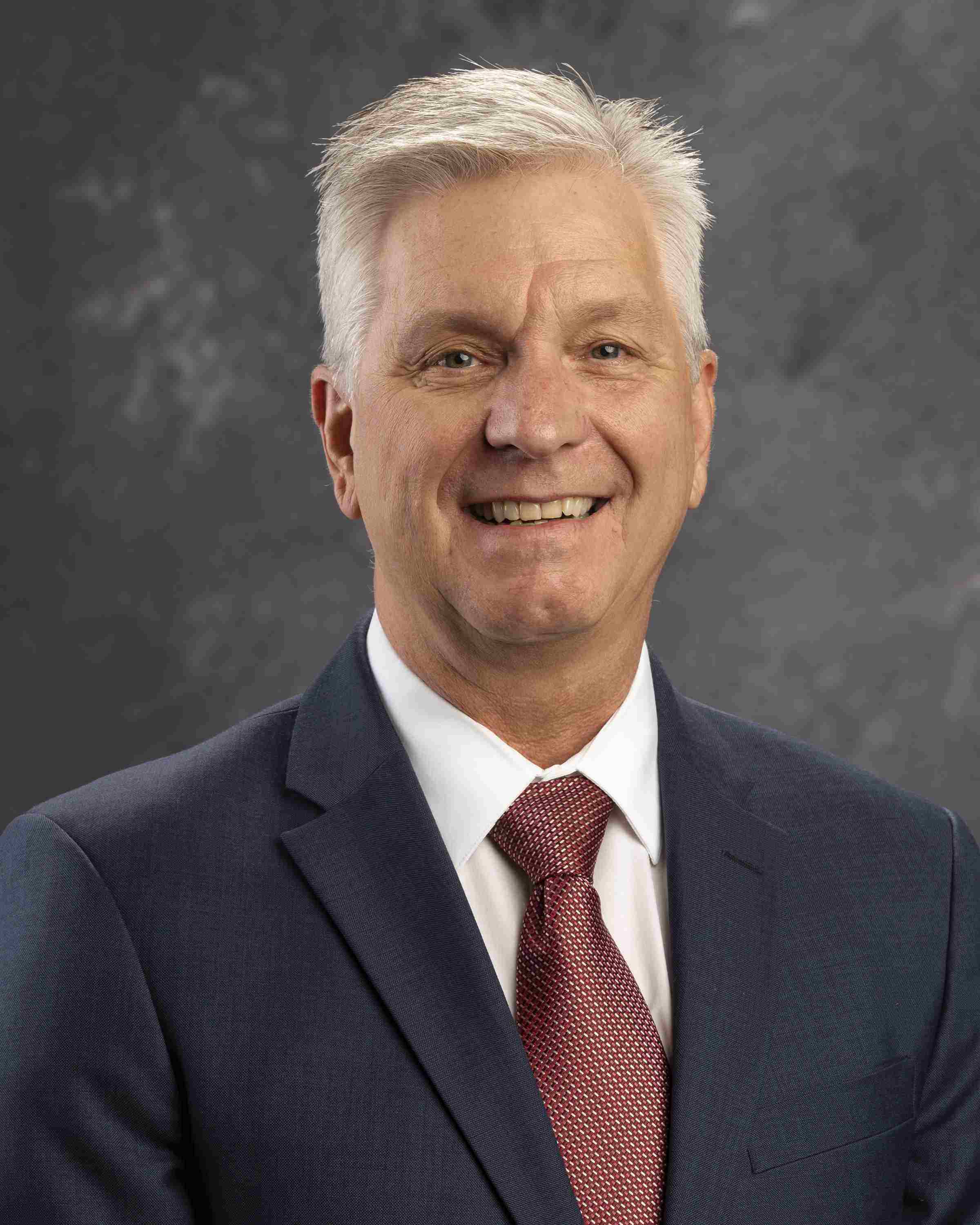
Philip Jefferson: African American, current Vice Chairman
Key tag: "Solid Coordinator"
If elected, 63-year-old Philip Jefferson would become the first African-American chairman of the Federal Reserve. But his advantages extend far beyond that. As the current vice chairman, he is the person most familiar with the day-to-day operations of the Fed.
Core advantages:
- Labor economics experts have unique insights into the job market, which is exactly the indicator that Trump cares about most.
- He has a strong academic background and is a professor of economics at Dartmouth College, but he also has practical experience.
Potential challenges: Being seen as overly cautious and potentially lacking the ability to make decisive decisions in times of crisis.
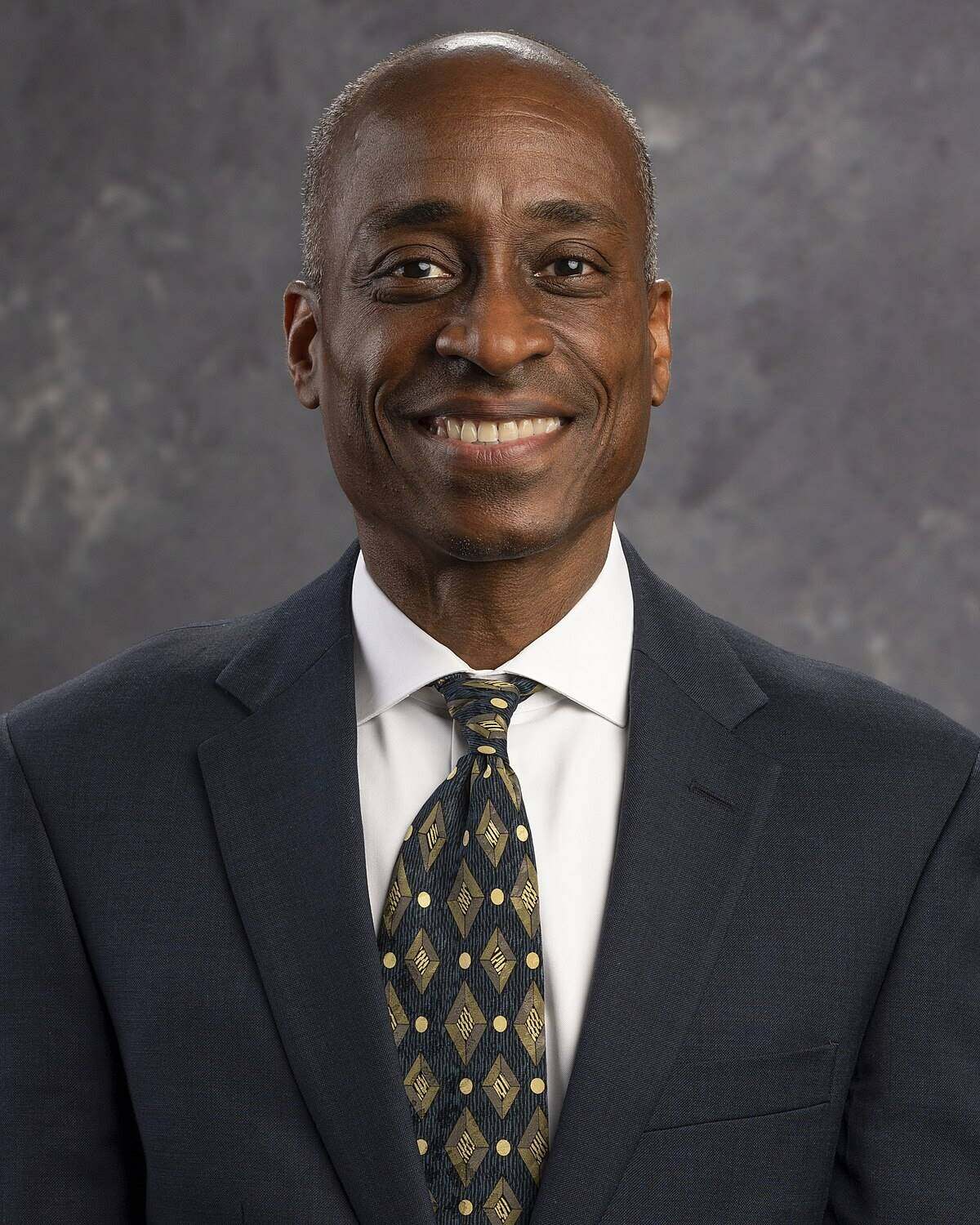
Lorie Logan: Market Manipulation Master
Key tag: "Wall Street's most knowledgeable central banker"
Lorie Logan was the president of the Dallas Federal Reserve. She was in charge of the market operations department of the New York Federal Reserve for a long time and is an expert who truly understands how to "manage" trillions of dollars.
Core advantages:
- 23 years of experience at the New York Federal Reserve, including hands-on experience in open market operations
- Extensive experience in crisis management, including handling the 2008 financial crisis and the 2020 epidemic impact
Potential challenges: Being a regional Fed president could be a disadvantage, as they lack political capital in Washington.
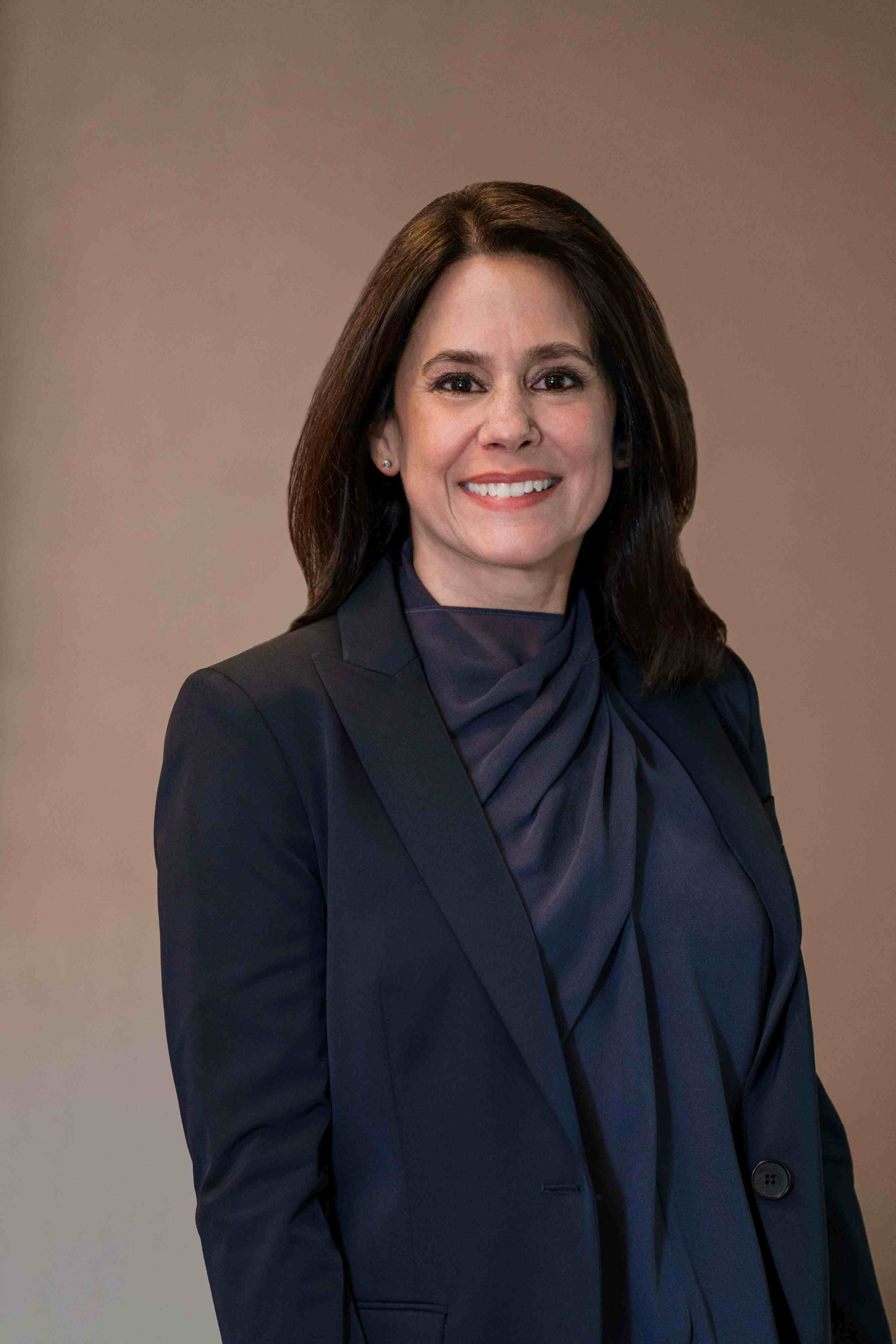
These four internal candidates represent the "establishment" forces of the Federal Reserve. Their common advantage is that they can ensure policy continuity and avoid severe market turmoil.
Second Tier: Experienced Returners
The following three have left the Federal Reserve before, and most of them are former officials. Their common advantage is that they understand the operation of the Federal Reserve system while not being constrained by the existing framework.
Kevin Warsh: The Return of Wall Street's Golden Boy
Key tag: "Youngest Possible"
Kevin Warsh, 54, has an enviable resume: he became the youngest governor in the history of the Federal Reserve at the age of 35, served as a key adviser to Bernanke during the 2008 financial crisis, and after leaving the Federal Reserve, he devoted himself to studying monetary policy reform at the Hoover Institution at Stanford.
More importantly, Trump seriously considered him when choosing Treasury Secretary.
Core advantages:
- Unique experience spanning Wall Street (Morgan Stanley), the Federal Reserve, and academia
- He has a clear reform philosophy and has written several important articles on the reform of the Federal Reserve system.
- Network resources, his father-in-law is the heir to the cosmetics giant Estée Lauder, and has deep connections on Wall Street and in Washington.
- Young and energetic, he can bring a new generation of leadership to the Federal Reserve
Potential challenges: Was a favorite to be elected Federal Reserve chairman in 2017 but ultimately lost.
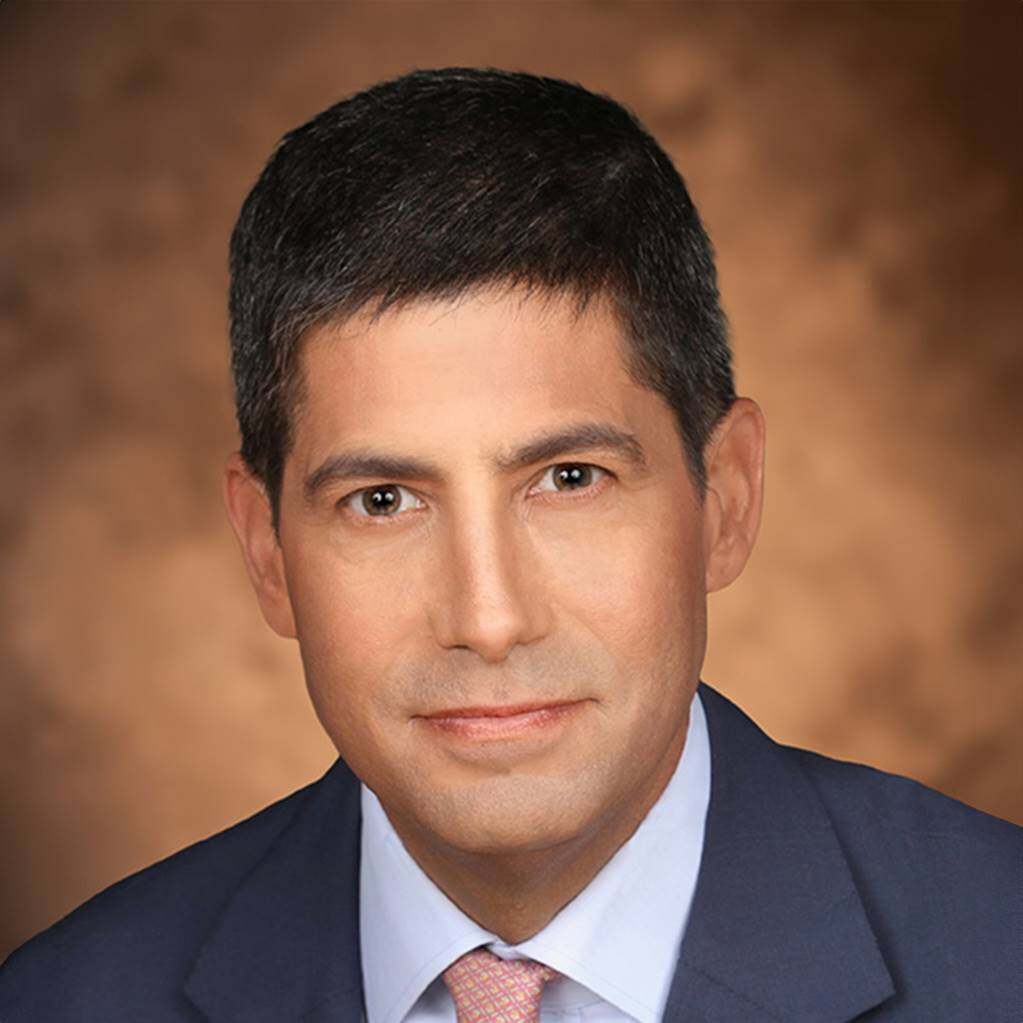
James Bullard: Inflation Prophet
Key tag: "The person who understands inflation best"
If anyone was among the first to foresee the arrival of this round of inflation, James Bullard would definitely be on the list. The former president of the Federal Reserve Bank of St. Louis began warning of inflation risks in 2021, a full year ahead of the Fed's mainstream view.
Core advantages:
- Inflation forecasting record, known as the "Inflation Hawk" by the media
- Currently serving as Dean of the Purdue University School of Business, he maintains a keen interest in economic research.
Potential challenges: He is too independent. During his tenure at the St. Louis Fed, he was often a dissenter at FOMC meetings.
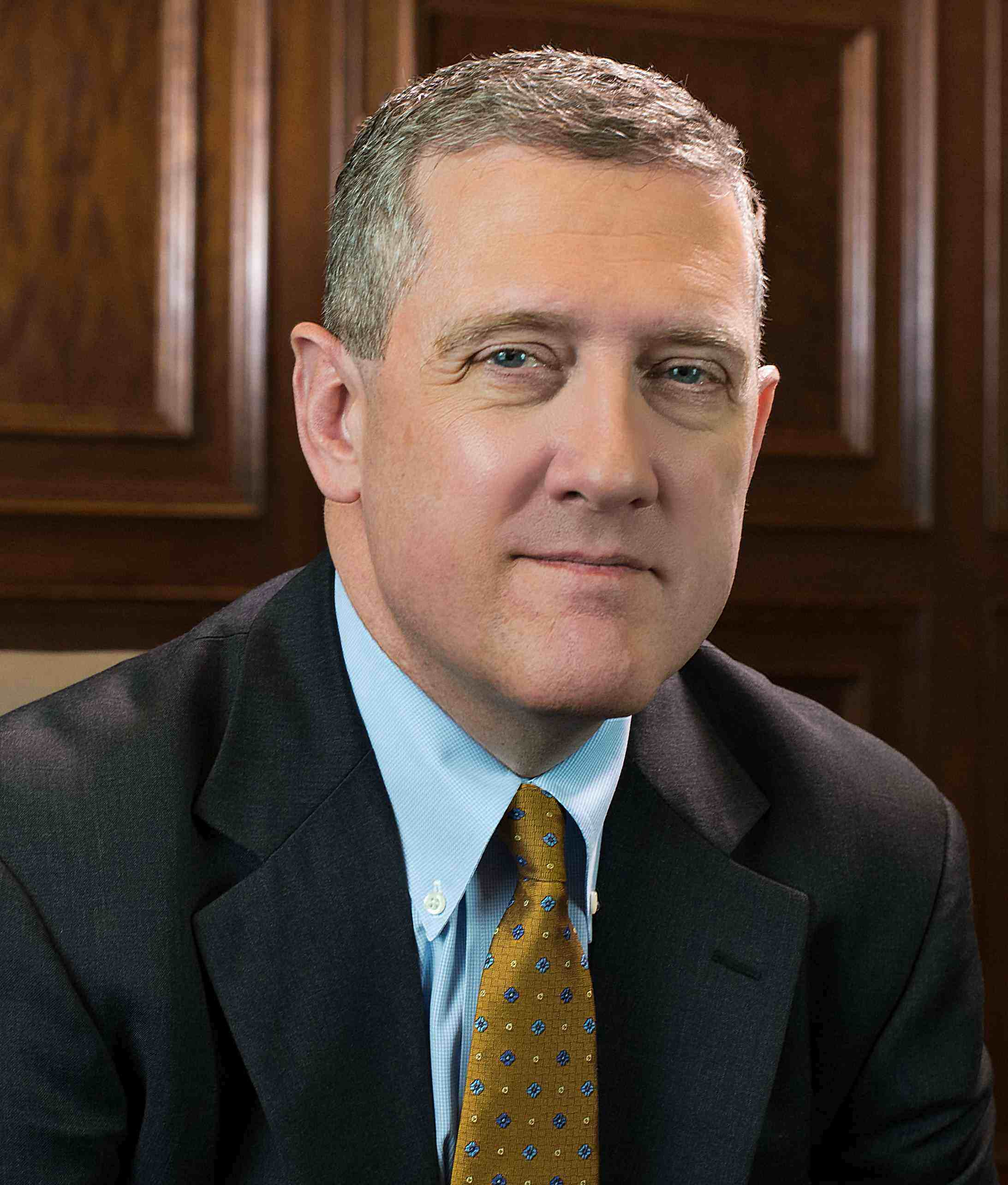
Larry Lindsey: Political veteran and economic advisor to George W. Bush
Larry Lindsey, 70, may be the candidate who best understands how to navigate the political and economic divide.
He served as chief economic adviser to President George W. Bush and as a member of the Federal Reserve Board during the Clinton administration. This bipartisan experience is extremely rare in today's polarized Washington.
Core advantages:
- White House experience, good at coordinating the relationship between the Federal Reserve and the executive branch
- He had outstanding forecasting abilities, accurately predicting the dot-com bubble burst and the cost of the Iraq War.
- Founded his own economic consulting firm and maintained close ties with the business community
Potential challenges: Age could be an issue, and he has been away from the Fed for more than 20 years, raising questions about his familiarity with modern monetary policy tools.
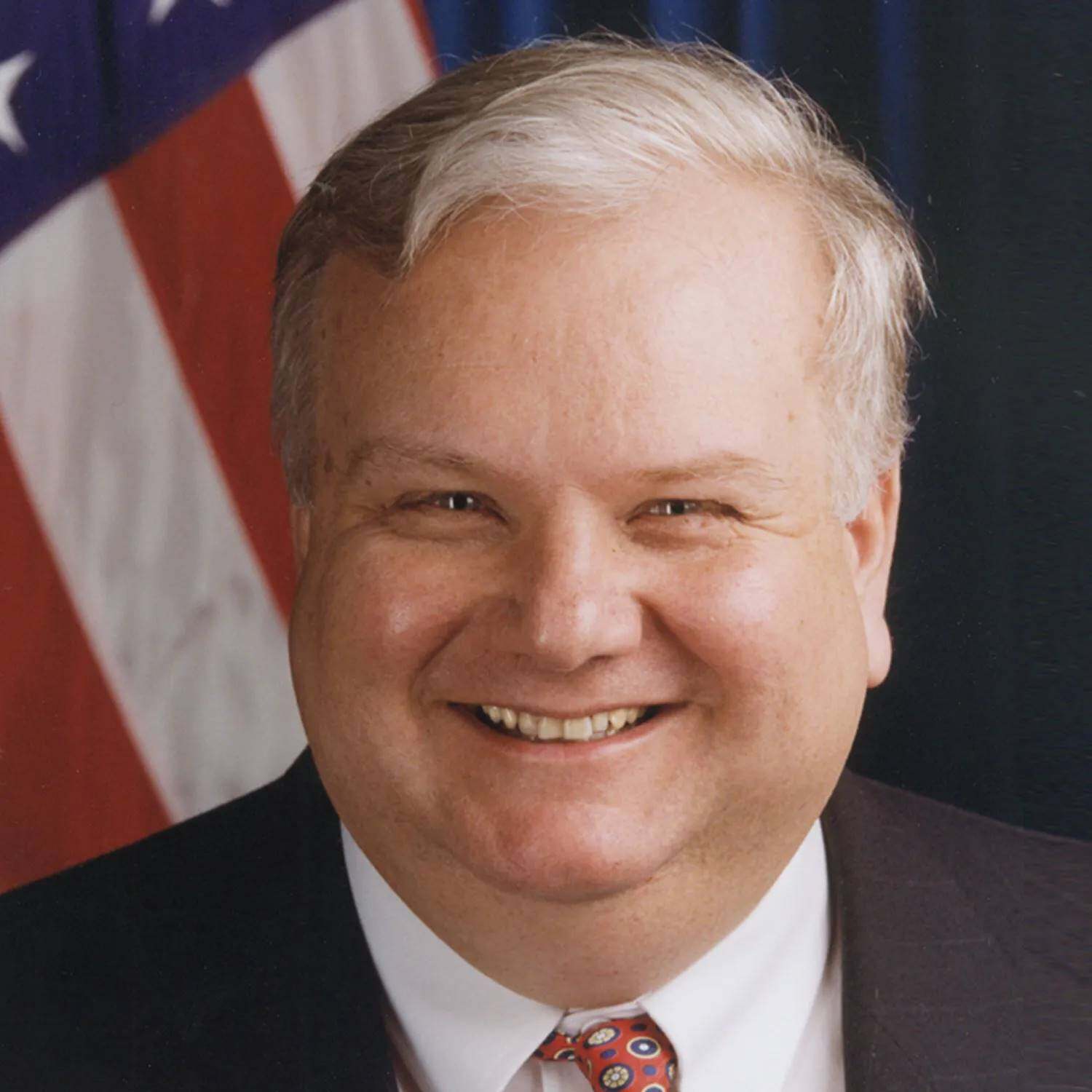
The third tier: economic think tanks trusted by the president
If the first two echelons represent professionalism, then this echelon represents loyalty.
The biggest advantage of these two candidates is not their understanding of monetary policy, but their understanding of "Trumpnomics."
Kevin Hassett: The President's Economic Mentor
Key tags: "Trump Economics Chief Evangelist"
Kevin Hassett, 62, is perhaps the candidate with the closest ties to Trump. As the current director of the National Economic Council, he explains economic data to the president almost daily. More importantly, he's one of the few people Trump can actually sit down and listen to.
Core advantages:
- He is deeply trusted by Trump and is called "my economics professor" by the president.
- Tax reform expert, one of the main architects of Trump's 2017 tax reform
- Trump's style is to always find bright spots in economic data
Potential challenges: Lack of experience working in a central bank, having never worked at the Federal Reserve, and understanding of monetary policy mainly comes from academic research.
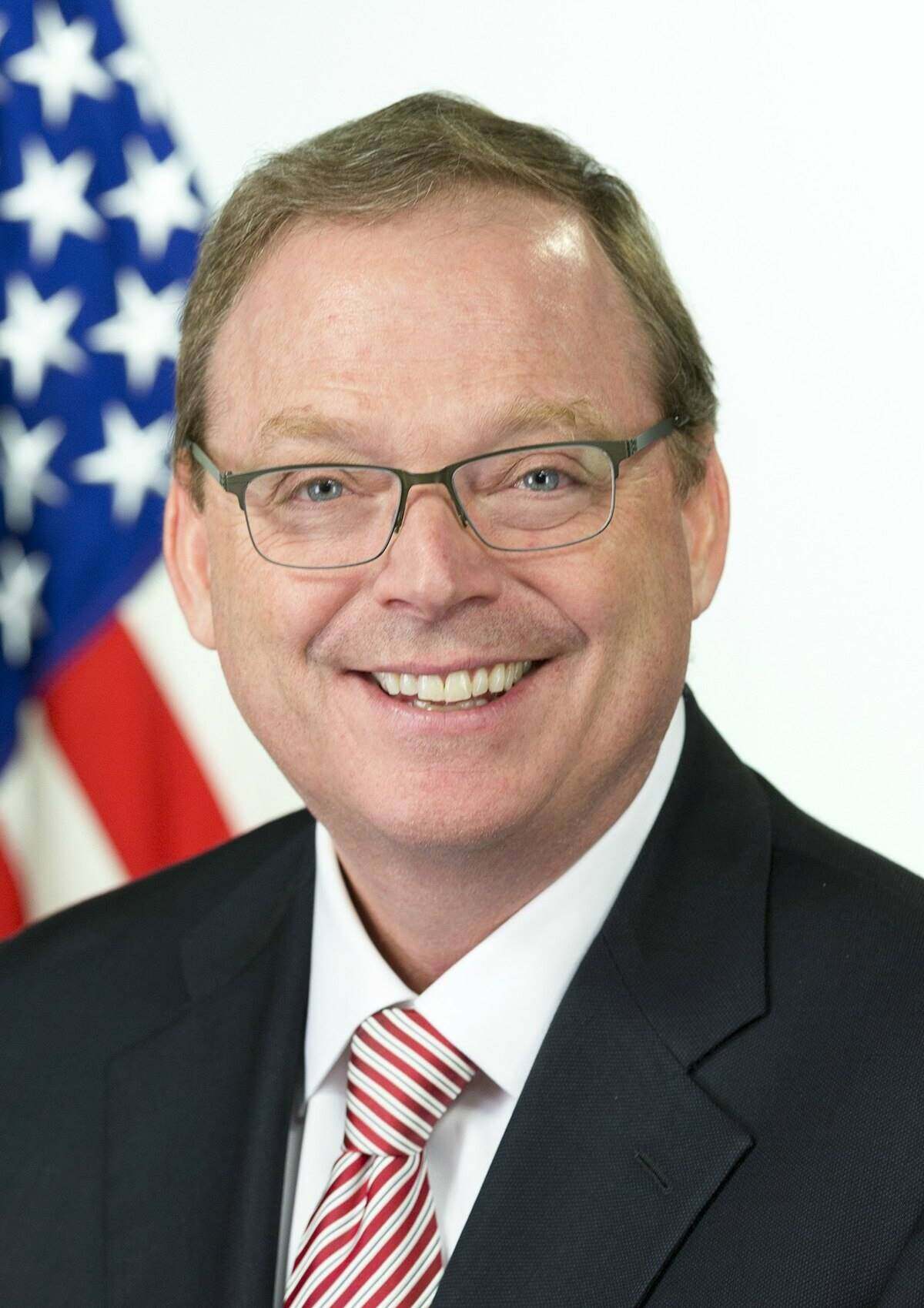
Marc Sumerlin: Establishment changemaker
Key tag: "Outsider who understands Washington's rules"
Marc Sumerlin is an interesting contradiction: he has the most traditional establishment resume, having previously served as Deputy Director of the National Economic Council in the Bush administration, but he has proposed the most radical Federal Reserve reform plan.
He advocates a thorough reform of the Fed's decision-making mechanism, including shortening the Federal Open Market Committee (FOMC) statements, reducing the frequency of press conferences, and restoring the Fed's "sense of mystery."
Core advantages:
- He has extensive bipartisan connections and has provided economic advice to several Republican senators.
- Founded Evenflow Macro Consulting, whose clients include top hedge funds on Wall Street
Potential challenges: Relatively low profile, with the public and the market lacking understanding of him.
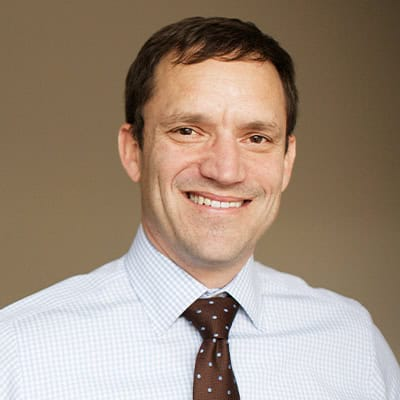
The fourth tier: fresh blood on Wall Street
The following two candidates have practical experience in financial institutions and can be said to be people who are on the front lines of the market.
David Zervos: The Critic
David Zervos, 56, is one of Wall Street's most distinctive economists. As Jefferies' chief market strategist, he is known for his sharp, direct market commentary.
Core advantages:
- He has a keen sense of the market, having warned of the subprime mortgage crisis in 2008 and taking a bullish stance in March 2020 when the market was at its most panicked.
- Experience working at the Federal Reserve (working at the New York Federal Reserve in the 1990s) and understanding of central bank operations
Potential challenges: His bluntness could cause problems at the Fed, where diplomacy is crucial. He has publicly called some central bank policies "economic suicide."

Rick Rieder: Big Money Guardian
Key tag: "The man who manages $4 trillion"
As BlackRock's Chief Investment Officer of Global Fixed Income, he manages over $4 trillion in assets.
This figure exceeds Germany's GDP. Every change in the Federal Reserve's policy directly affects his investment portfolio.
Core advantages:
- Experienced multiple economic cycles and crises
- Manages bond portfolios around the world
- Risk management experts predict losses far below market averages in the 2022 bond market crash
Potential challenges: He could face questions about conflicts of interest from managing private sector funds to shaping policies that affect them. Furthermore, his high-paying Wall Street background could spark a populist backlash.
Traditionally, the Federal Reserve has favored leaders with academic backgrounds, believing they are more independent and capable of taking a long-term perspective. However, Zervos and Rieder represent another possibility, using real-world market experience to guide policymaking.
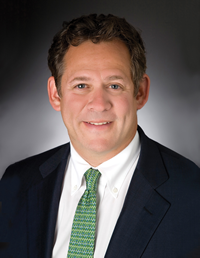
Who will win remains unknown, but historical experience shows that what truly defines a Federal Reserve chairman is often not the ideas they bring, but the crises they face.
Greenspan encountered the Internet bubble, Bernanke encountered the financial tsunami, Yellen faced the impact of the epidemic, and Powell experienced the resurgence of inflation.
What's in store for the next Fed chair?
The comprehensive impact of digital currency, or an unimaginable "black swan"?
This future is closely related to each of us.
11 people, one chair, countless possibilities.
The game has begun.



